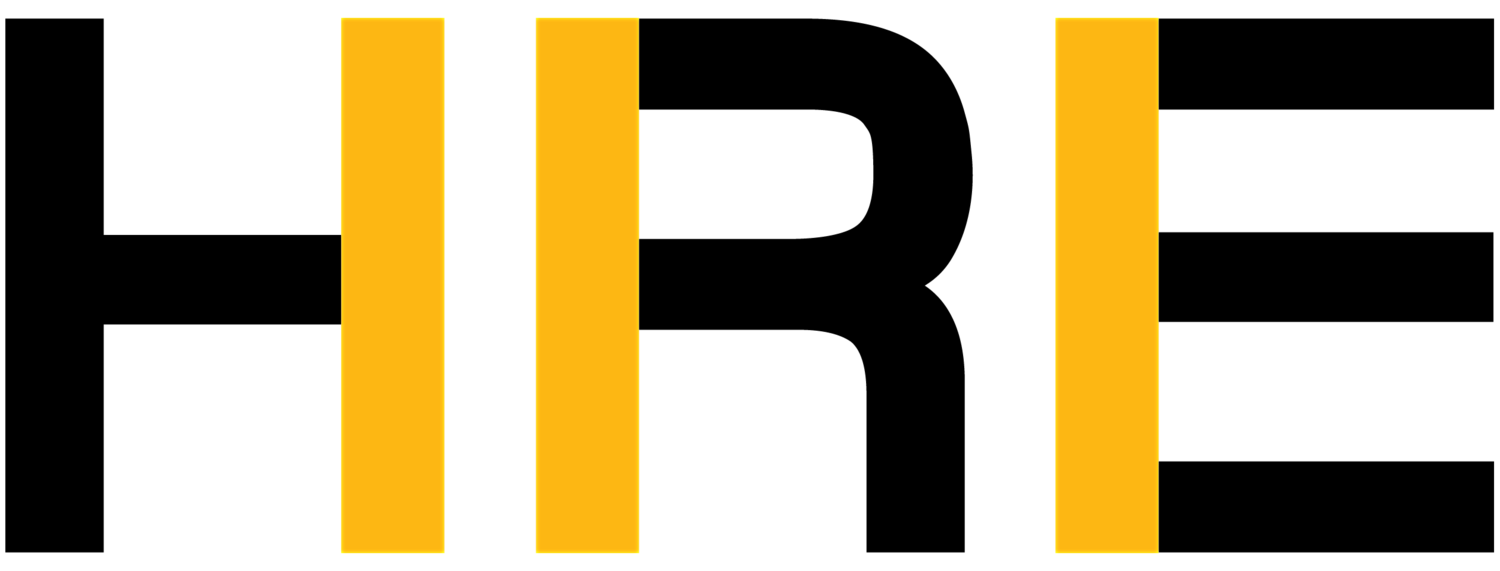PROJECT STARTUP
Overview
The project “Startup” phase bridges the “Definition” and “Delivery” phases, and is critical to the efficient and successful implementation of a project. In the Definition phase, planning and programming for and conceptual design of the intended completed work is performed, and the project budget and schedule are developed at appropriate levels of detail. When the Definition phase is complete, planning approvals have been obtained, and the owner gives the green light to move forward with the Delivery phase, there are certain project startup activities that must occur, constituting what I refer to as the Startup phase. However, the Startup phase is rarely a distinct, linear phase; rather, many of the Startup phase activities often occur at the outset of the Delivery phase and run concurrently with schematic design and other implementation activities. As a result, when the Delivery phase begins and the pace of the project increases rapidly, project management tools that are typically developed in the concurrent Startup phase are often not given high priority and are therefore not complete until the Delivery phase is well underway.
The owner’s, architect’s and construction team’s project managers are usually responsible for developing the project management tools, or providing significant input into their development; however, those PMs are often by necessity too focused on the day-to-day activities of running the project and “putting out fires” to pay proper attention to the Startup phase activities. The resulting Catch 22 is that the tools that are vital to the management of the project and useful to the PM's in putting out fires—or preventing them in the first place—are often not available in a timely manner.
Services
The project management tools typically developed in the Startup phase include:
- Cost estimating procedures
- Detailed project schedule
- Project approvals processes and procedures
- Design work plan, including list of deliverables
- Design and construction document production standards, including BIM if applicable
- Sustainability requirements, including LEED certification if applicable
- Design services contracts
- Contracts for design-related services
- Construction management and/or preconstruction services contracts, if applicable
- Construction services contracts, general requirements and other “front end” construction contract documents (particularly necessary during the Startup phase for fast-track projects)
As a specialist focused specifically on the Startup phase activities, I can facilitate the development of the project management tools at the beginning of, or prior to, the Delivery phase, thereby freeing up more time for the PMs to focus on day-to-day management and providing them with the tools they need to do their jobs effectively.
